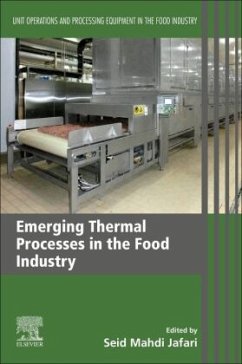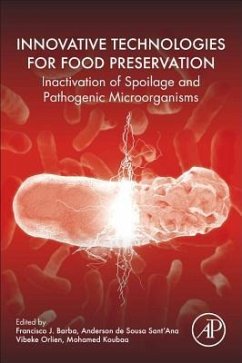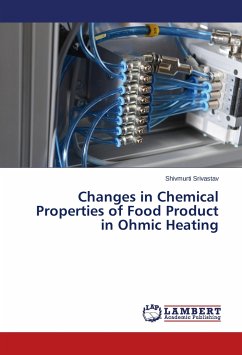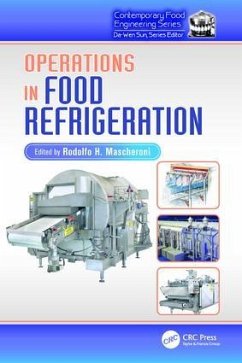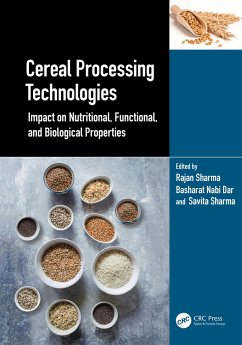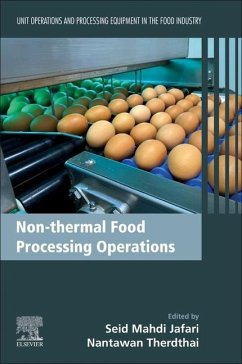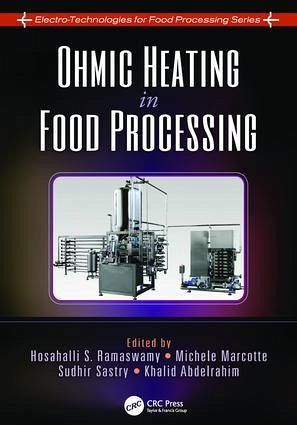
Ohmic Heating in Food Processing
Versandkostenfrei!
Versandfertig in 6-10 Tagen
85,99 €
inkl. MwSt.

PAYBACK Punkte
43 °P sammeln!
Ohmic heating provides rapid and uniform heating, resulting in less thermal damage than conventional heating and allowing manufacturers to obtain high-quality products with minimum sensorial, nutritional, and structural changes. Ohmic Heating in Food Processing covers several aspects of Ohmic heating: science and engineering, chemistry and physics, biochemistry and nutrition, quality and safety, and development and technology, both basic and applied. It describes the importance of Ohmic technology and how to implement it in practice, addressing basic theory, principles, and applications.Divide...
Ohmic heating provides rapid and uniform heating, resulting in less thermal damage than conventional heating and allowing manufacturers to obtain high-quality products with minimum sensorial, nutritional, and structural changes. Ohmic Heating in Food Processing covers several aspects of Ohmic heating: science and engineering, chemistry and physics, biochemistry and nutrition, quality and safety, and development and technology, both basic and applied. It describes the importance of Ohmic technology and how to implement it in practice, addressing basic theory, principles, and applications.
Divided into nine sections, this volume covers the basics of Ohmic heating, including a historic overview and fundamental principles; electrical conductivity, its importance, factors that influence it, and data modeling; biological effects of electricity on foods and food components, including microorganisms, enzymes, proteins, carbohydrates, and fats; and Ohmic heating behavior and design parameters. The book also deals with issues in Ohmic heating equipment, Ohmic heating modeling issues, and process validation issues.
The authors discuss various applications of Ohmic heating applied to different classes of foods, such as muscle foods (meat, poultry, and fish), dairy products, fruits, and vegetables. They also examine commercially successful applications of food products processed by Ohmic heating and considers applications of Ohmic heating where preservation is not the main focus, for example, blanching, Ohmic thawing, and the potential for Ohmic heating for long-duration space missions.
Divided into nine sections, this volume covers the basics of Ohmic heating, including a historic overview and fundamental principles; electrical conductivity, its importance, factors that influence it, and data modeling; biological effects of electricity on foods and food components, including microorganisms, enzymes, proteins, carbohydrates, and fats; and Ohmic heating behavior and design parameters. The book also deals with issues in Ohmic heating equipment, Ohmic heating modeling issues, and process validation issues.
The authors discuss various applications of Ohmic heating applied to different classes of foods, such as muscle foods (meat, poultry, and fish), dairy products, fruits, and vegetables. They also examine commercially successful applications of food products processed by Ohmic heating and considers applications of Ohmic heating where preservation is not the main focus, for example, blanching, Ohmic thawing, and the potential for Ohmic heating for long-duration space missions.







